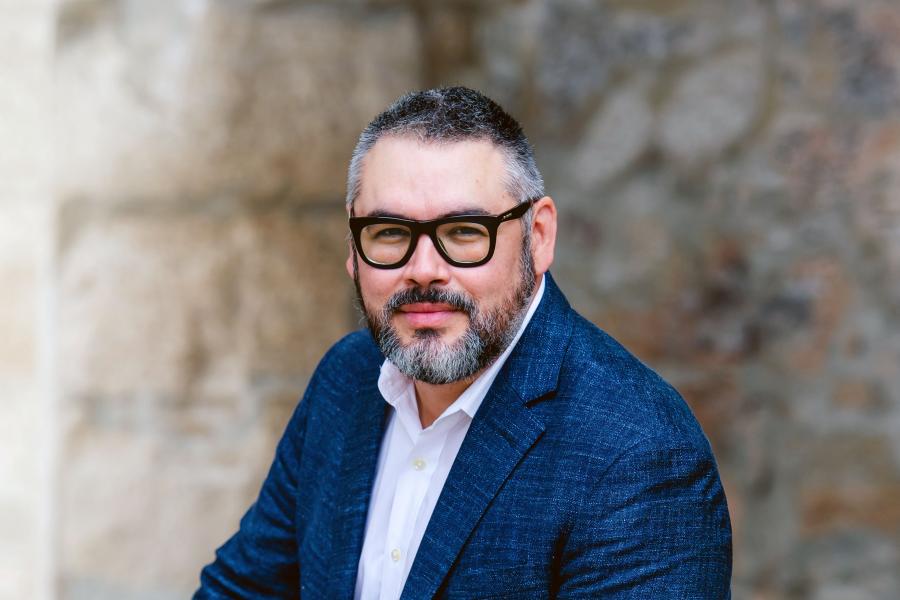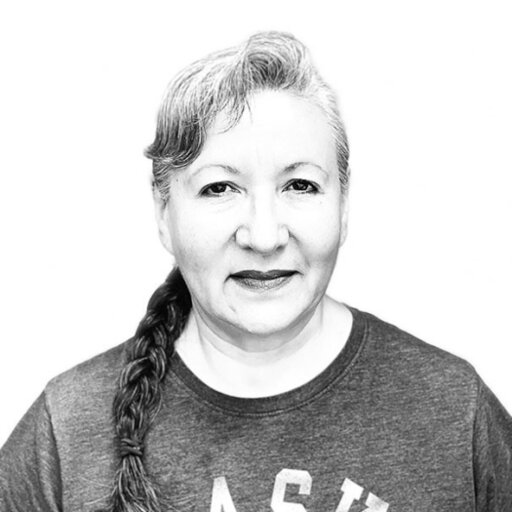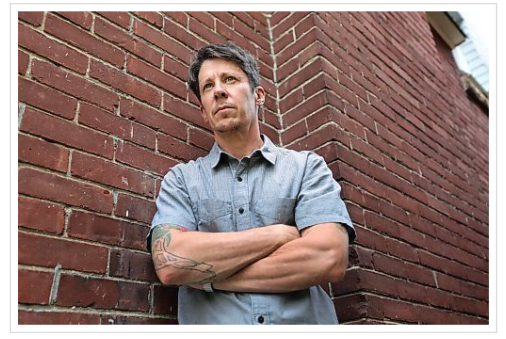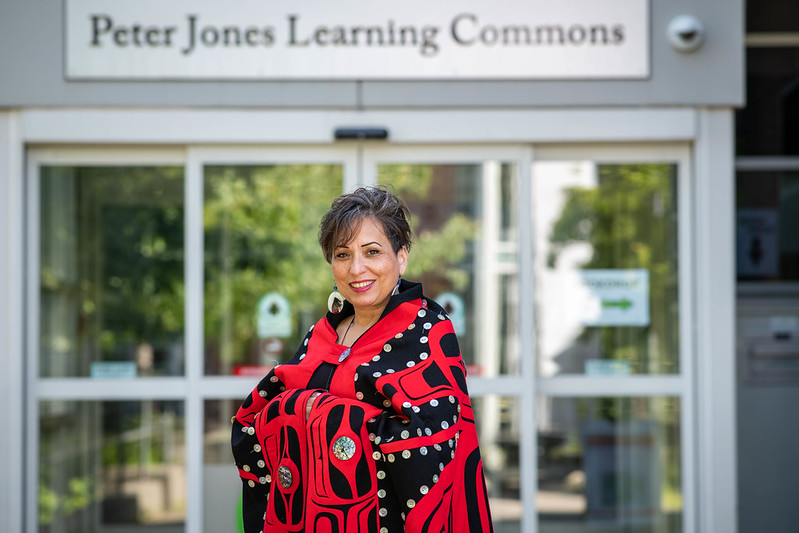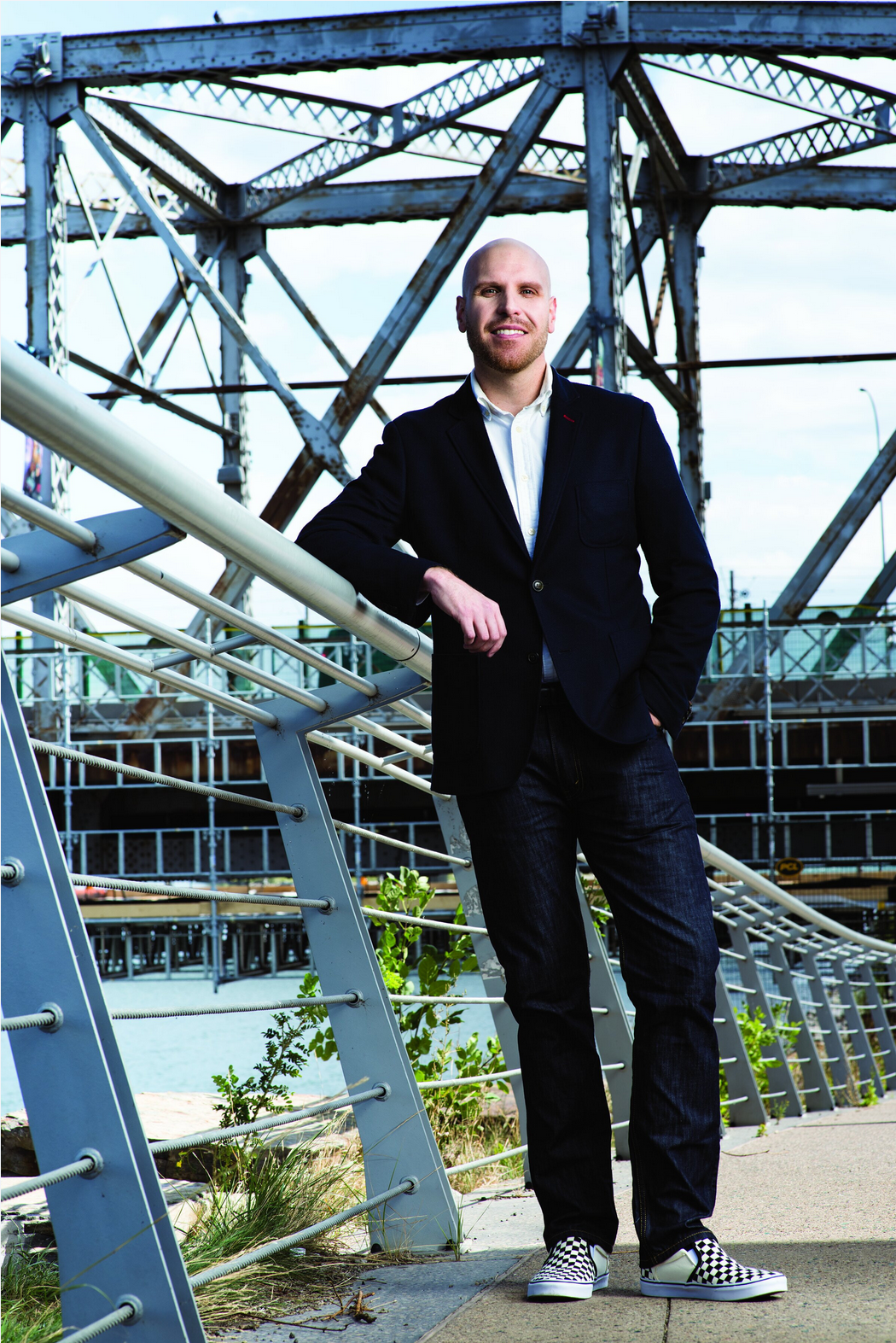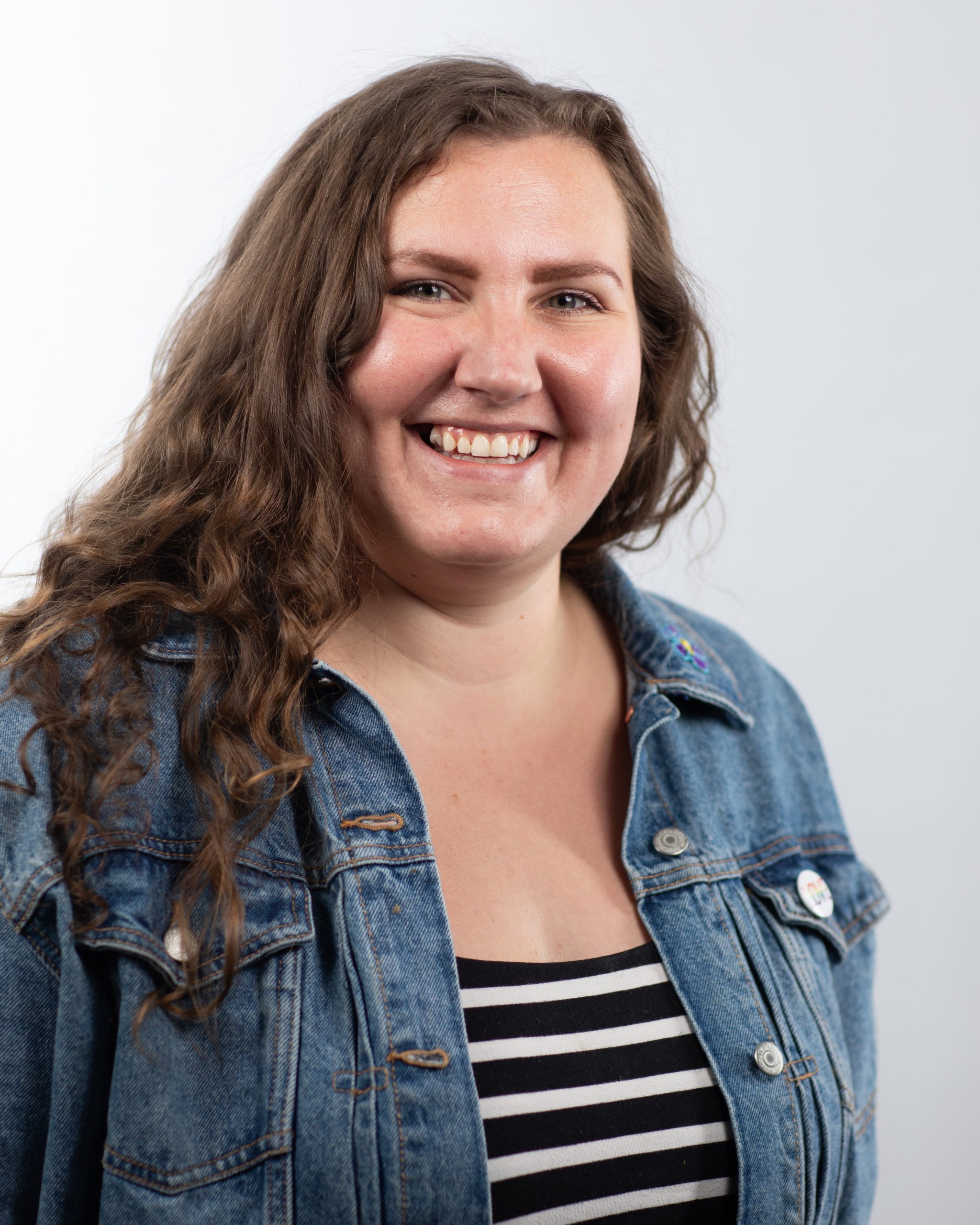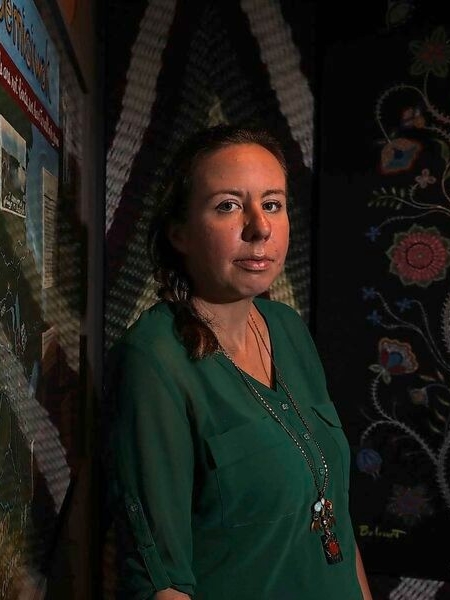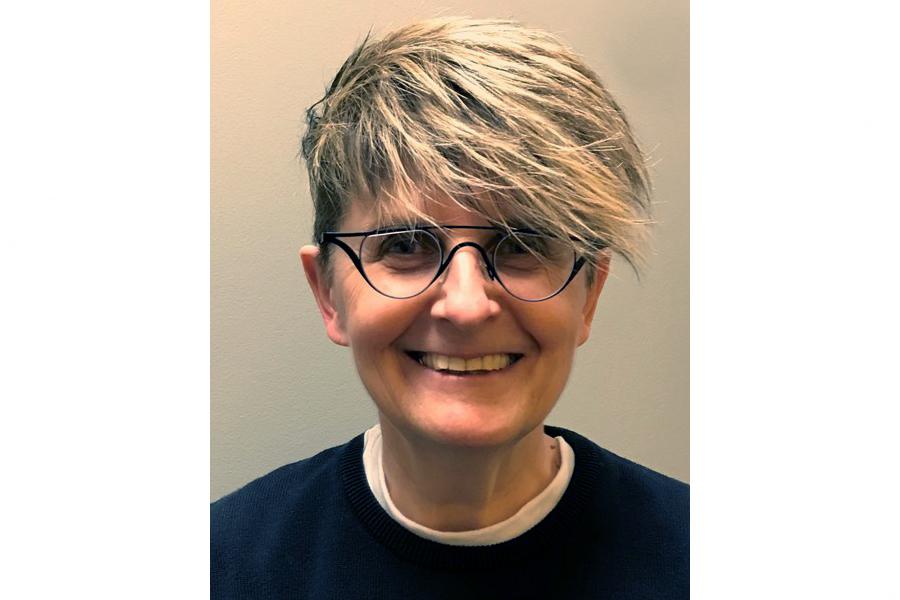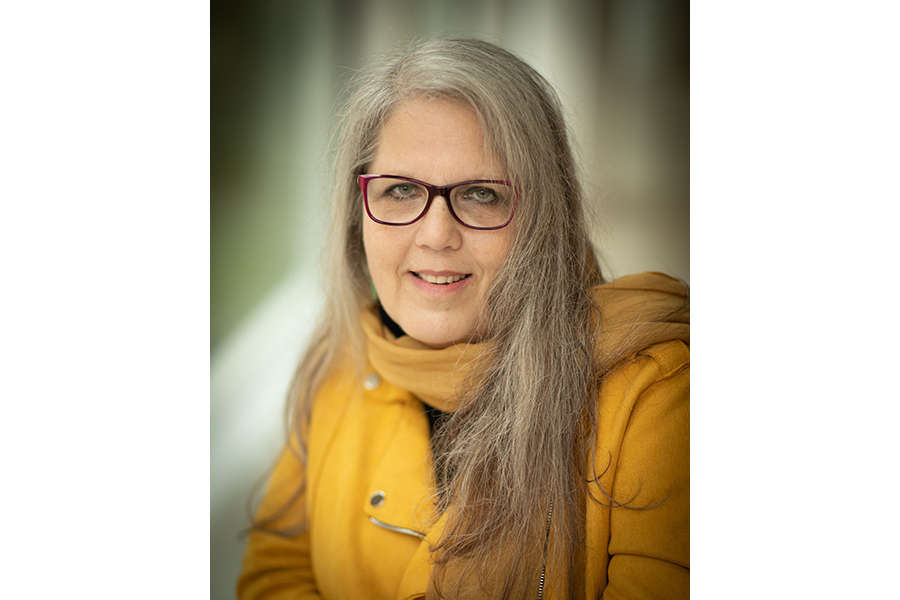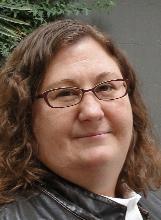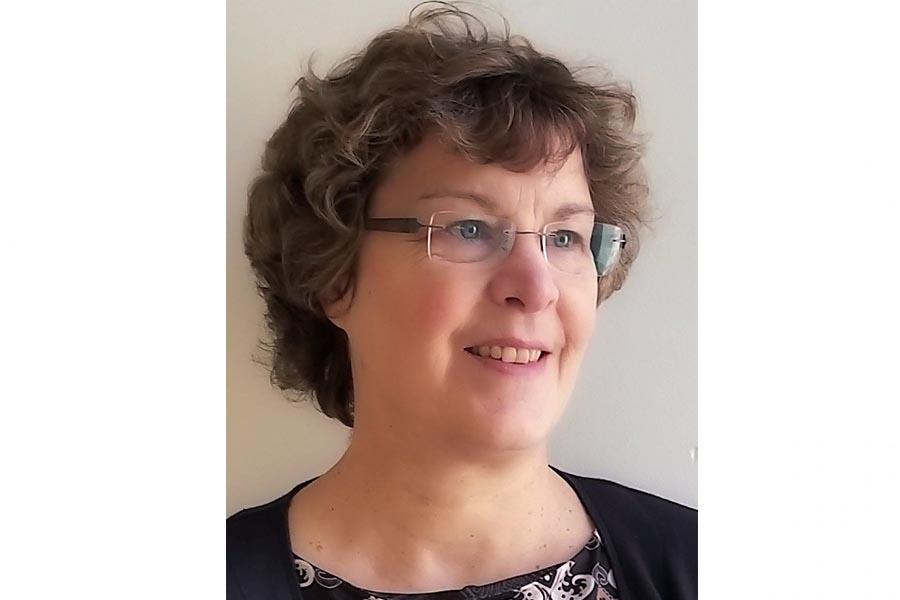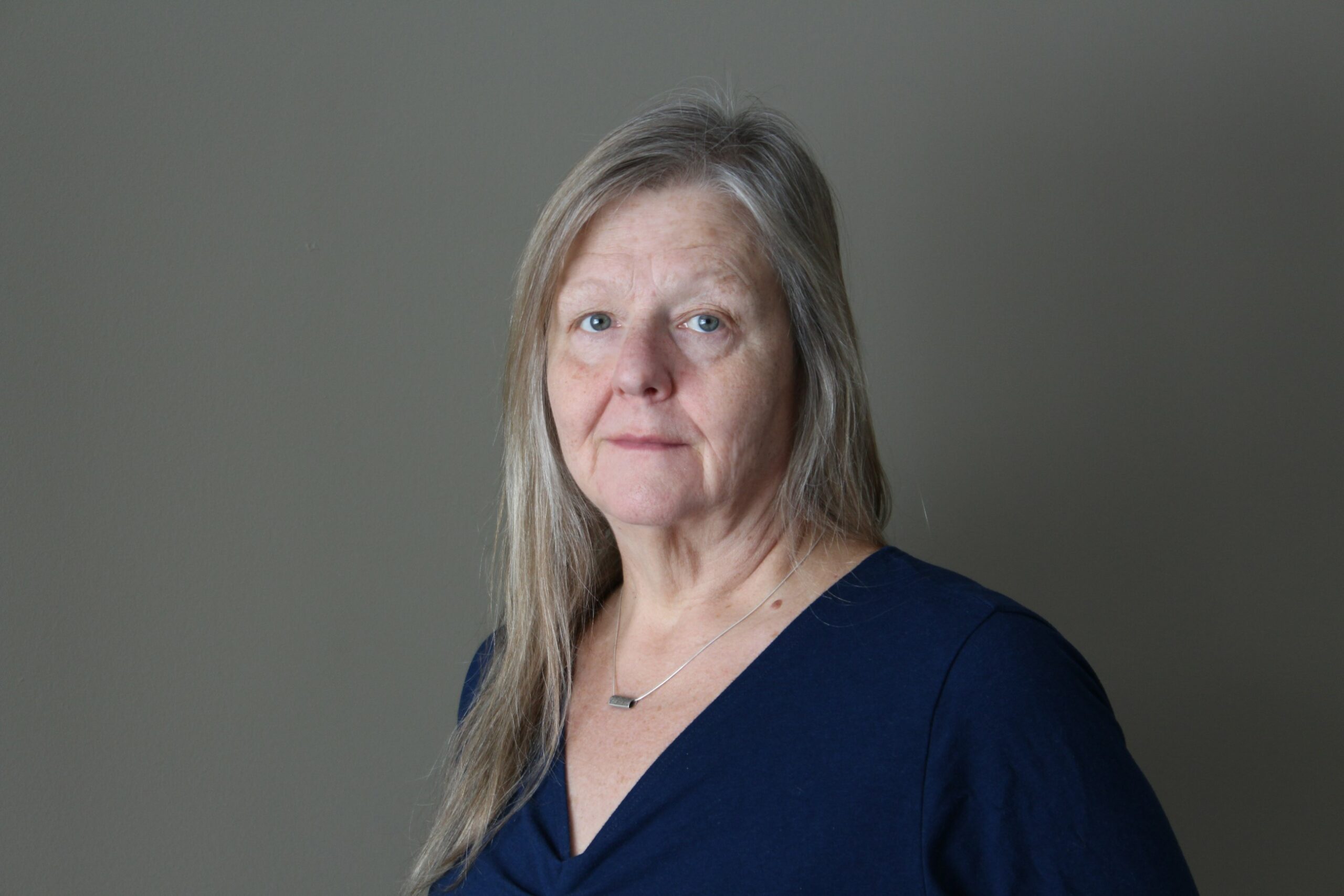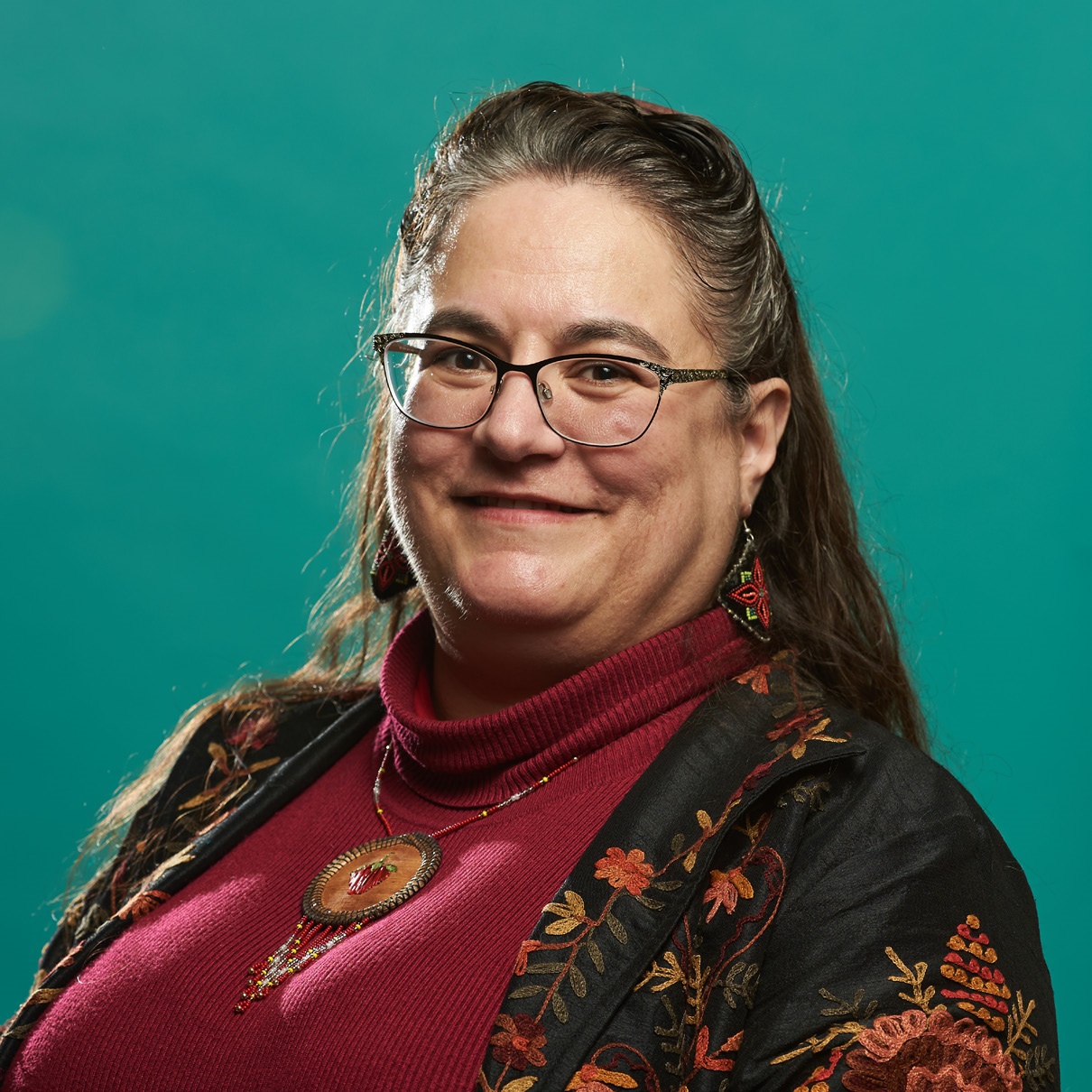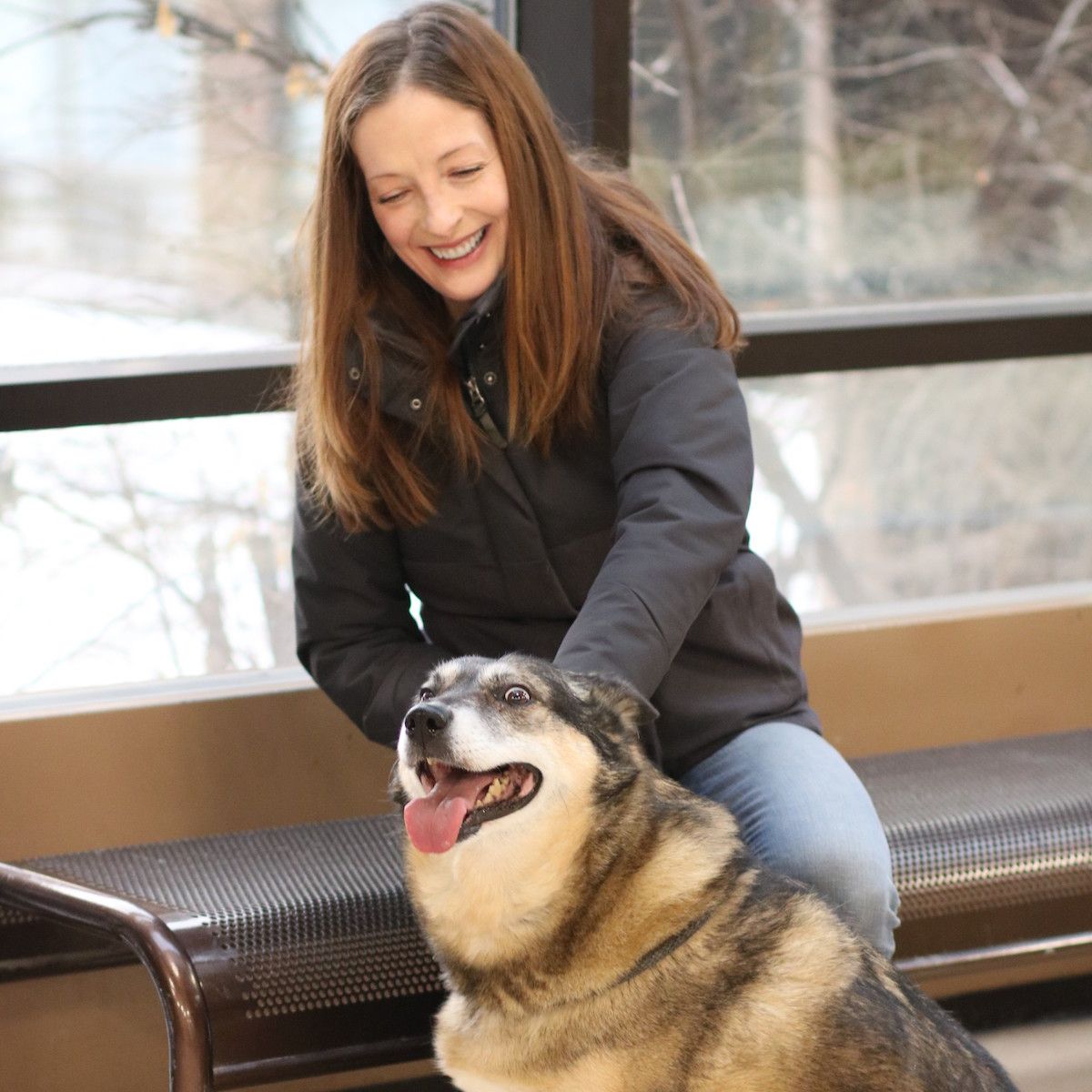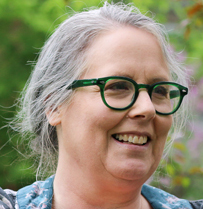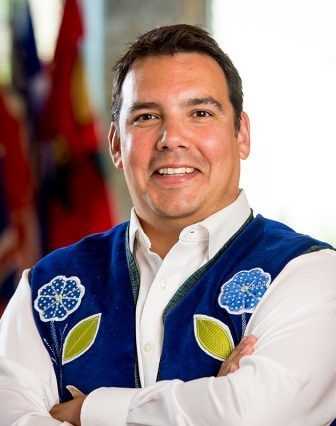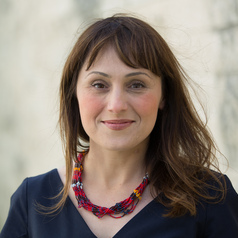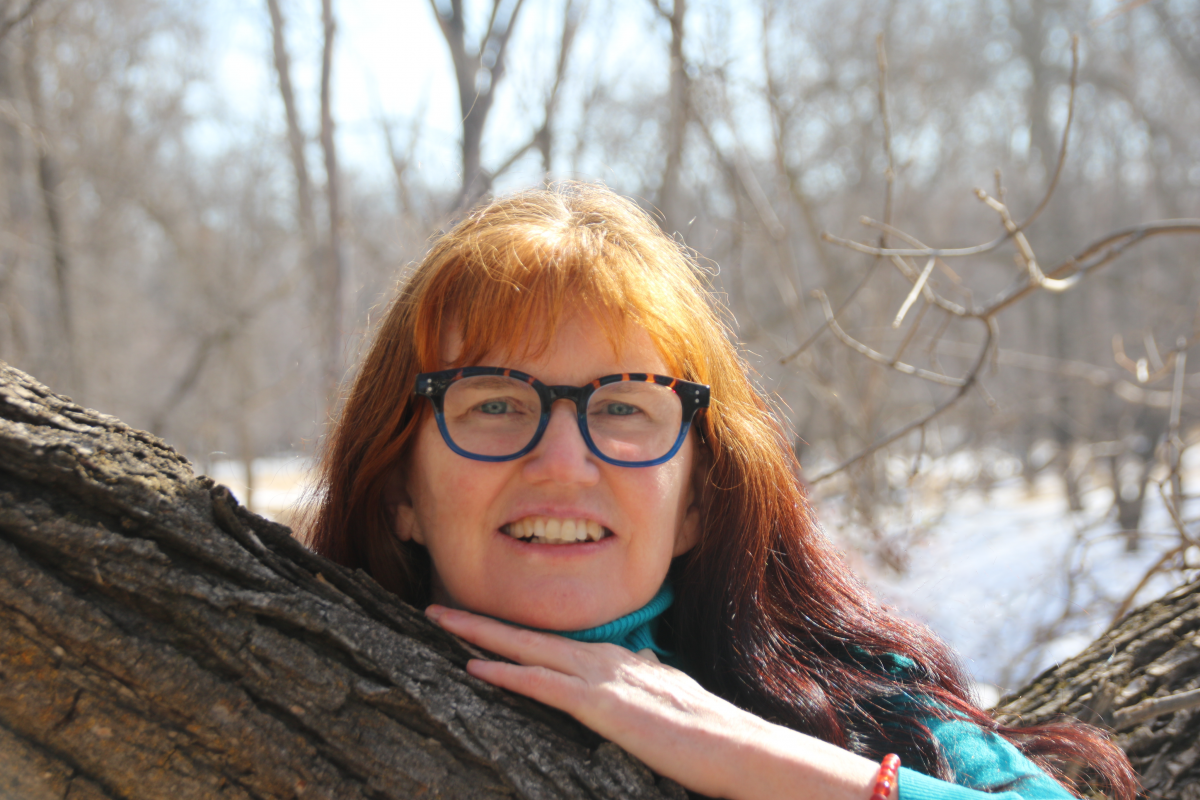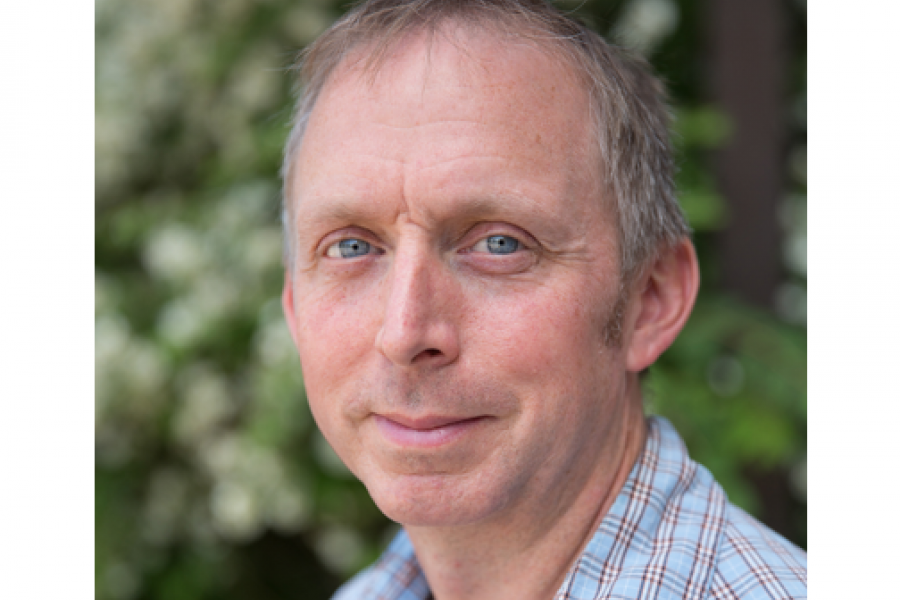April 17, 1979: Ed Head (centre) leads Métis protesters in a march at the
legislative building to demand provincial job-creating initiatives, Manitoba legislative building, 1979. Image: Louis Riel Institute.
UN Declaration on the Rights of Indigenous Peoples Implementation
The Centre for Human Rights Research supports a research project focusing on implementing the UN Declaration on the Rights of Indigenous Peoples and supporting the work of the UN Expert Mechanism on the Rights of Indigenous Peoples. This project is guided by International Chief Wilton Littlechild and Celeste McKay.
This project provides opportunities for Indigenous law students to complete research and hosted a national academic forum on the human rights of Indigenous peoples in January 2019, a public lecture on Indigenous self-determination by UN Expert Member Megan Davis and a virtual expert seminar in February 2021. Another international academic forum was held in March 2022. Professor Brenda Gunn, Academic and Research Director at the National Centre for Truth and Reconciliation has co-hosted these events.

Missing the Bus: Indigenous Women, Two-Spirit People and Public Transit in Western Canada
Dr. Adele Perry, Director of the Centre for Human Rights Research is working alongside Co-Investigator Jocelyn Thorpe and Collaborator Karine Duhamel in this SSHRC and Infrastructure “Knowledge Synthesis” project that examines the connections between public transit, especially intracity or long distance transit, and Indigenous women and Two-Spirit Plus people in Western Canada. You can read more about the project in UM Today.
The full the report is available here
View our project: Missing the Bus: Indigenous Women, Two-Spirit People and Public Transit in Western Canada
Debunking Residential School Denialism in Canada
Loss and Survival
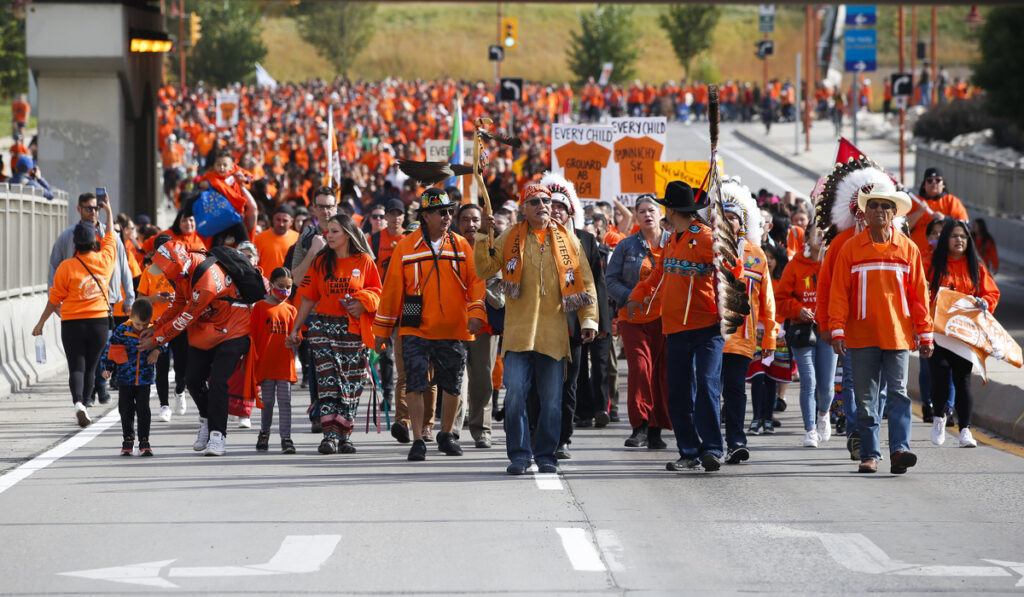
Land Back
Water Security
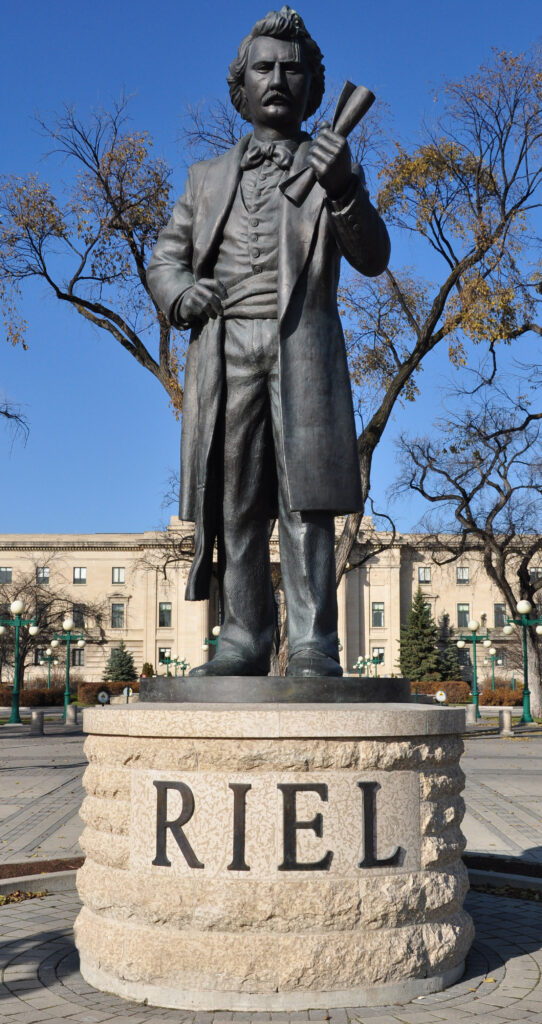
Affiliate Researchers
Related Resources
Explore More Research Themes
-
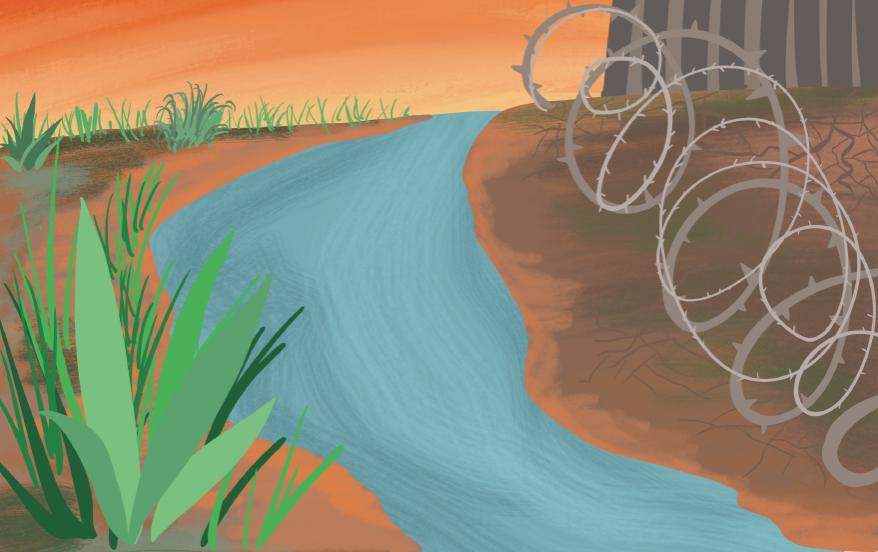
Borders & Human Rights Theme
FIND OUT MORE -
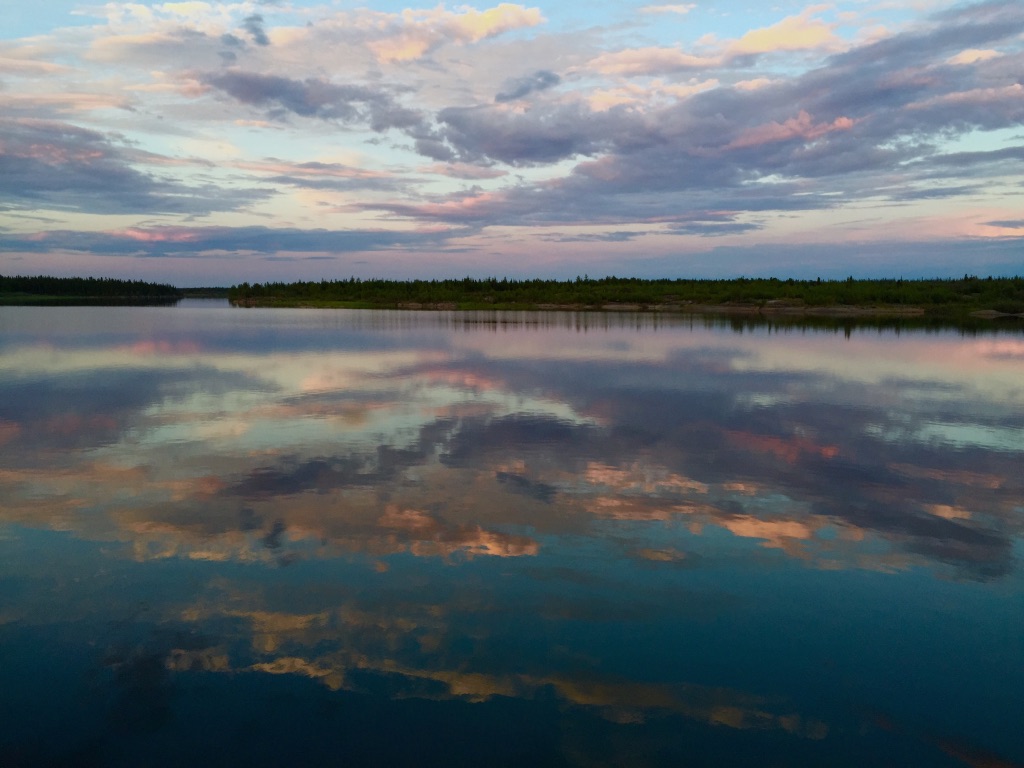
Water Rights & Justice Theme
FIND OUT MORE -
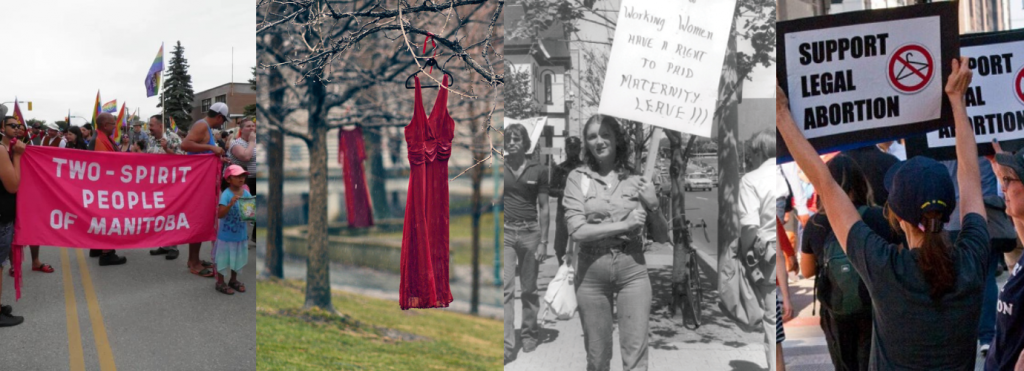
Reproductive & Bodily Justice Theme
FIND OUT MORE -
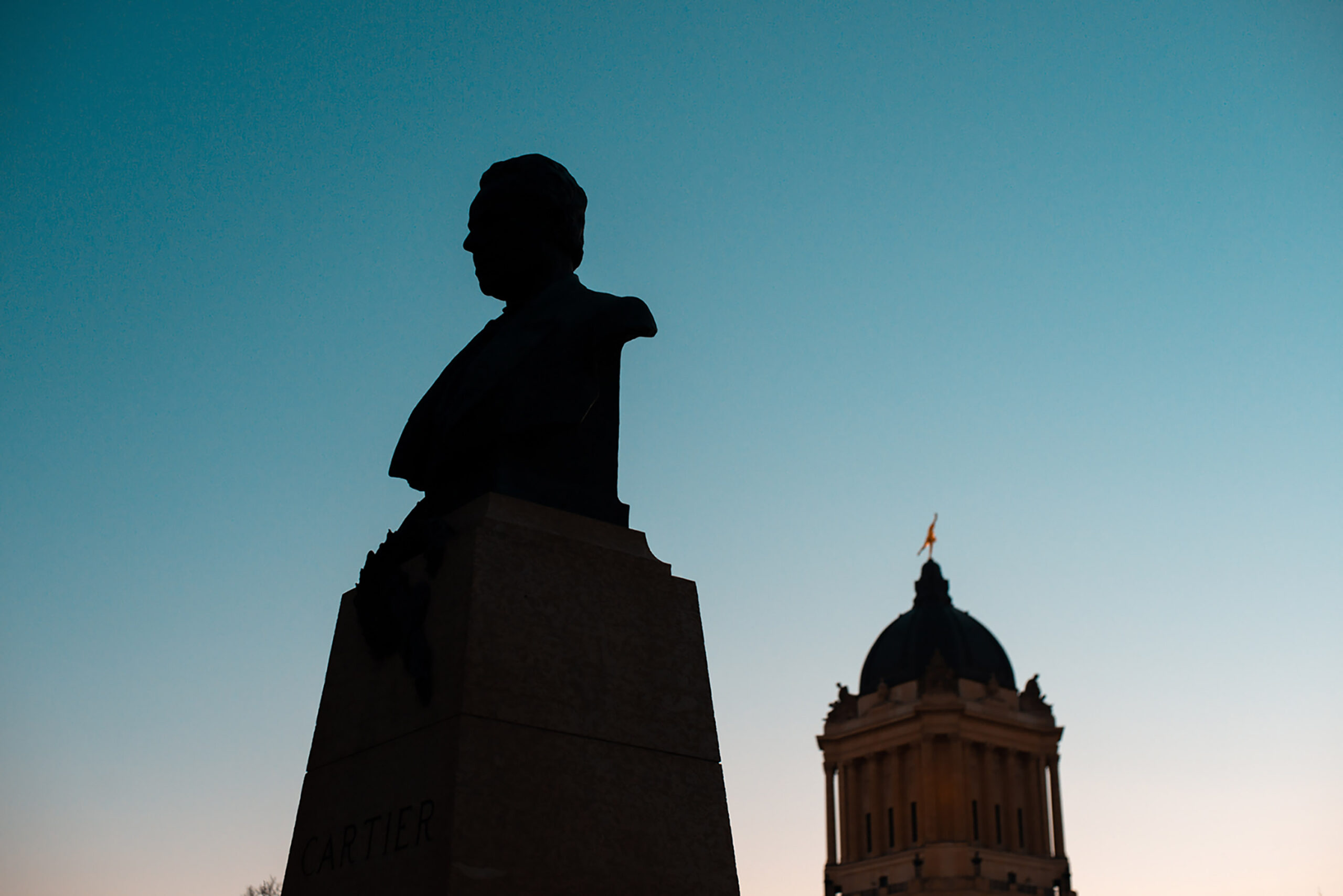
History & Commemoration Theme
FIND OUT MORE
Support Us
Whether you are passionate about interdisciplinary human rights research, social justice programming, or student training and mentorship, the University of Manitoba offers opportunities to support the opportunities most important to you.




